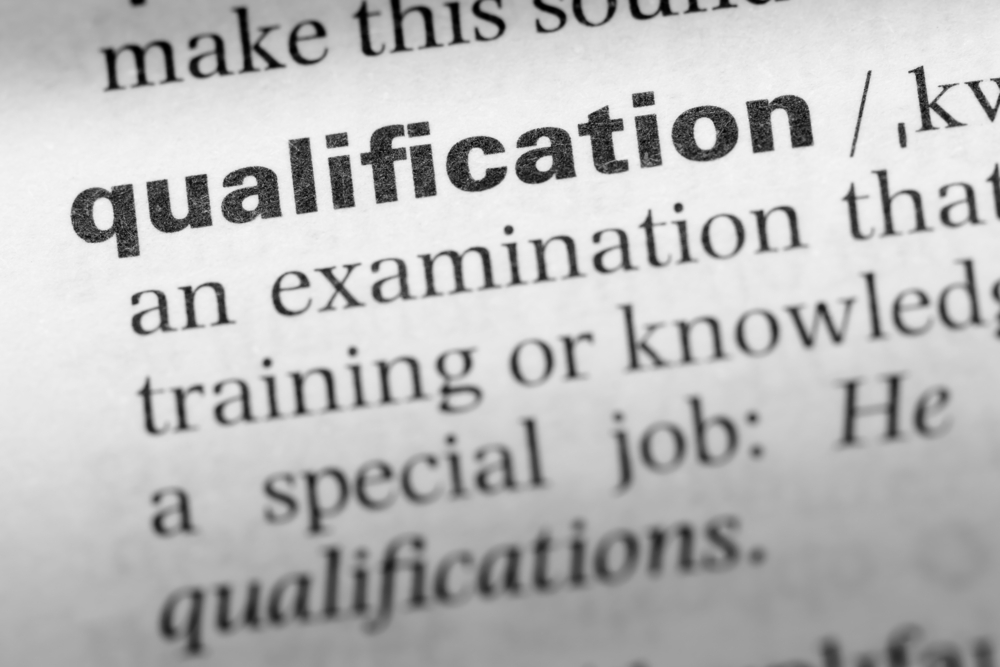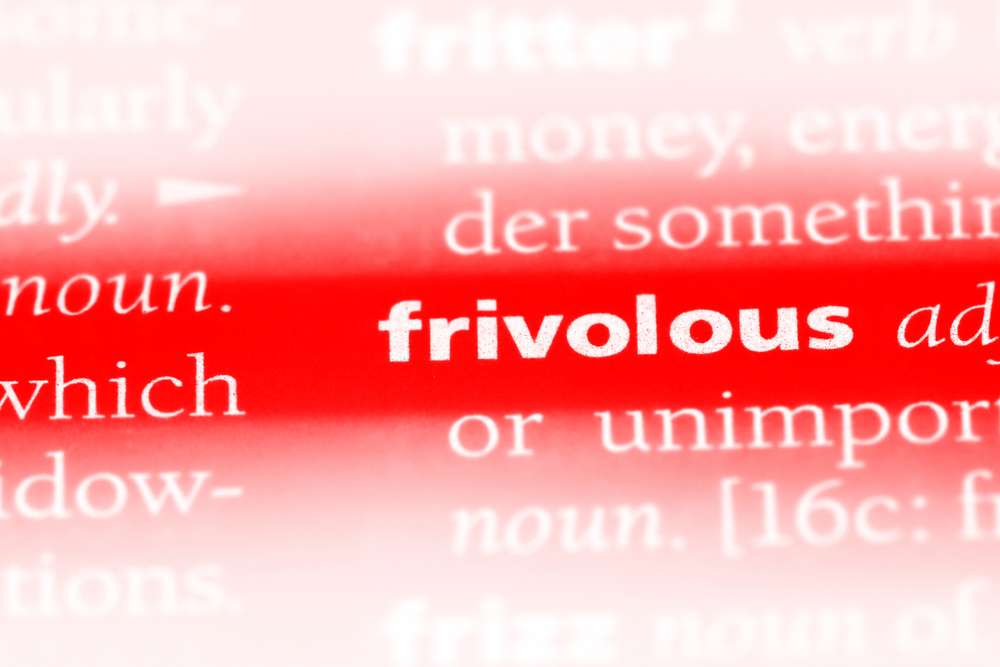Arbitration Clause – Narrow or Broad
Arbitration, as a method of dispute resolution, is a creature of contract. If you prefer to arbitrate disputes as opposed to litigating disputes in court, then you want a properly drafted arbitration provision in your contract. If you want all disputes arising out of or relating to your contract to be arbitrated, then you want this specified in your contractual arbitration provision. Conversely, if you want certain disputes not to be arbitrated or carved-out from arbitration, you want to clarify this in the arbitration provision. The more clarity, the better, as it will avoid an issue down the road as to whether the dispute...
Continue reading













